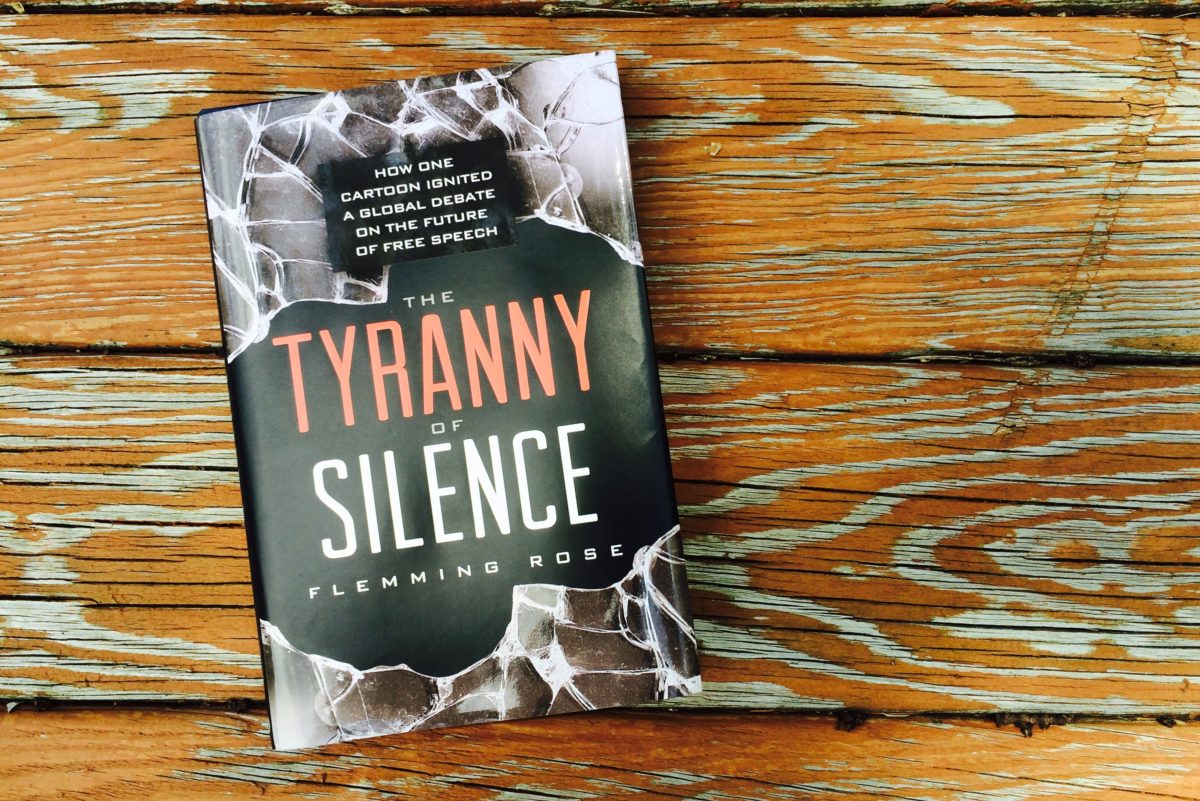Since the eleventh anniversary of September 11th, violence has erupted all over the Arab world, supposedly in response to a video on YouTube lampooning the prophet Muhammad. Muslims angered by the video rioted in front of United States embassies in many countries, and an American ambassador was murdered in an attack on the U.S. embassy in Benghazi.
While the Obama administration condemned the murder, it also condemned the video that “provoked” it. Others on the left have gone further in condemning the videos, motivating the actors involved in the film to claim suddenly that they did not know that they were lampooning the prophet. One commentator even warned against the “abuse” of free speech, blaming the filmmaker for a murder he had no part in.
If a policeman charged with finding and detaining a rapist were to say publicly that the victim was “asking for it,” because of the way she was dressed, there would be mass public outrage. His job is to catch criminals, not make excuses for them. But this same kind of excuse is exactly what the Obama administration chose to make for the murderers in Libya. By mentioning an offensive display in the same breath as a vicious crime like rape or murder, one implies that the victim somehow shares in the guilt of the crime.
Just as it is the job of the police to protect us from rape, it is the job of the federal government to protect our freedom of speech. This does not just mean it should abstain from censorship; it also means that it should protect us from criminals and foreign aggressors who might use force to stop us from saying what we wish.
The right to free speech, like the right to life and the right to liberty, entail the right to live free from force. When a woman is raped, she is forced to act against her will by physical restraint or a threat of violence. Force prevents her from acting according to her own rational judgment. If a cartoonist is murdered for mocking Islam, his life is taken from him— by force. Other critics of Islam are now forced to reconsider their commentary under threat of violence. Not only does force kill, it neutralizes reason—humanity’s basic means of survival and happiness.
Putting the filmmaker on the level of the murderers blurs the line between force and non-force. A filmmaker does not force anyone to look at his movie just as a provocatively dressed woman does not force anyone to pay attention to her body. To enforce the conditions for peaceful coexistence and cooperation between individuals, force must be stopped through government retaliation, and non-force, however lewd or offensive, must be protected.
And yet the filmmakers are being made to share the blame for the ambassador’s murder. Whether the motive is political correctness or the desire to appease an angry Muslim world, the effects are catastrophic. Those who respond to the attack by condemning both the filmmakers and the murderers show that they do not understand the fundamental difference between force and peaceful activities, moving them one step closer to excusing the inexcusable. Free speech, and all other freedoms, can only be maintained by the universal, unequivocal condemnation of the initiation of force, and with the firm resolve to crush the initiators. Free speech will die if it is apologized for, especially if it is put on the same moral level as murder.





